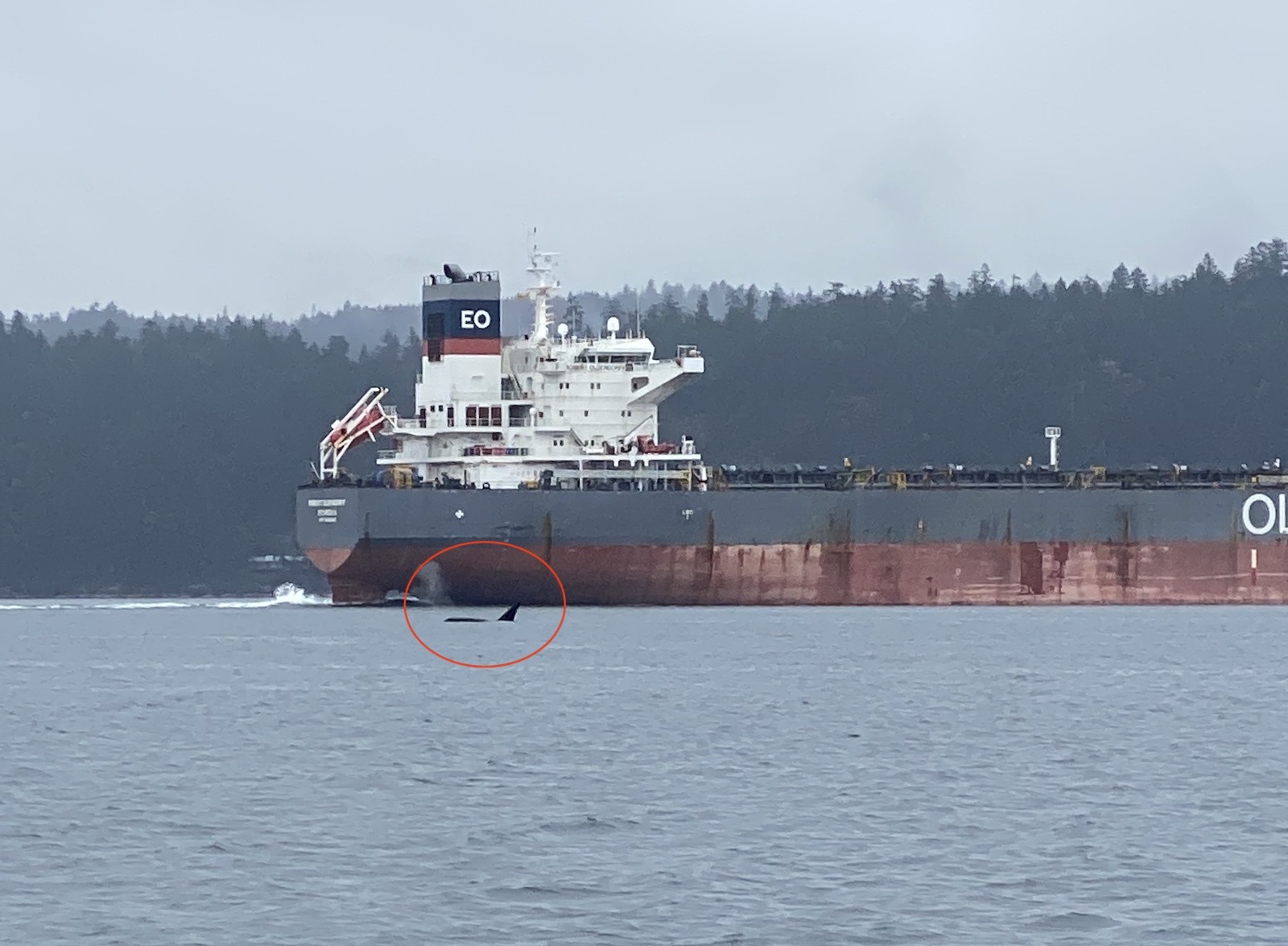
As a 4th generation Salt Spring Islander, living off the sea and land has been a way of life. As a man in his mid-fifty’s, I may sound like I am getting old well, maybe I am. Some of the big changes I have seen over the last few years are the new closed areas to fish for salmon in, and around, the Gulf Islands in the summer months.
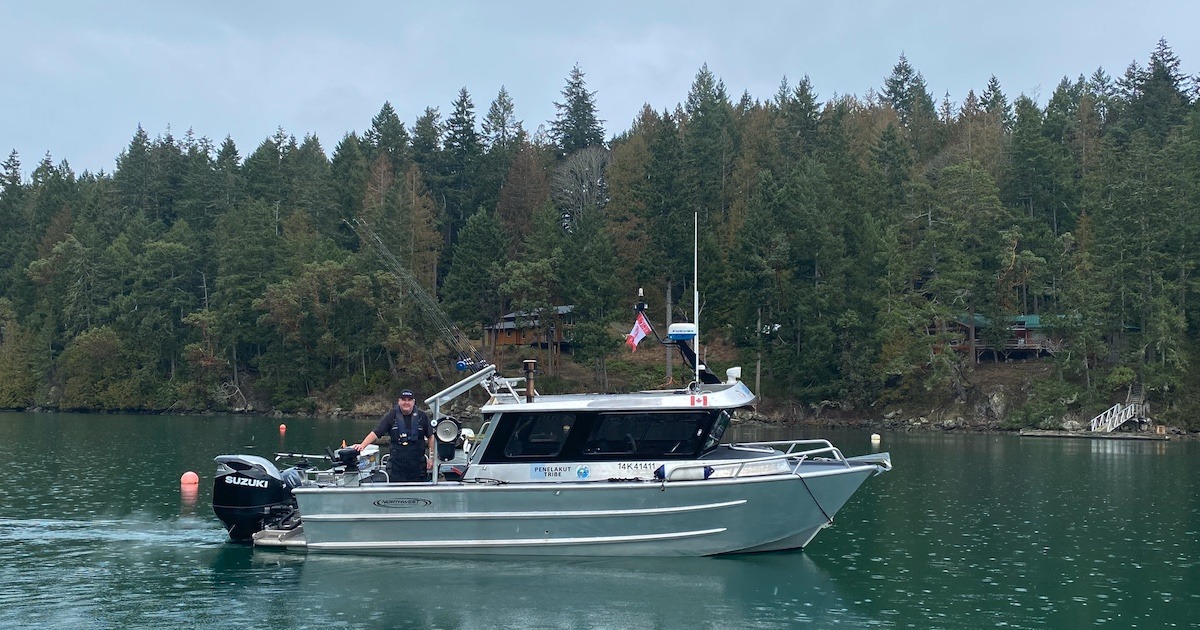
Kurt Irwin Saltspring Reel Action Fishing Charters
I understand that it’s to help protect the Southern Resident Killer Whales (SRKW), but I question a lot of things: Why close areas to Gulf Islands to anglers when the whales aren’t around? When the (SRKW) are in our area, why not implement a temporary closure, and reopen them to anglers when they leave?
I get mixed messages, “It’s a noise concern”, “It’s a lack of Chinook salmon”. Why not leave fishing open hatchery Chinook—fish that we raised?
SRKW and Noise
If noise is an issue, why is whale watching allowed from morning till dark? Why not have time restrictions on whale watching say 10 am to 11 am or close it altogether in the same areas that are closed to fishing?
Why can ferries plow through Active Pass while the whales are in the Pass? I have noticed over the years a significant increase traffic: pleasure boats, ferries, and freighter traffic. Why are anglers specifically being targeted to stop being on the water? Years ago, at one time the ferries had to have their horn on from one end to another in Active Pass due to all the recreational anglers. Today that is unheard of, so why propose to close this area down?
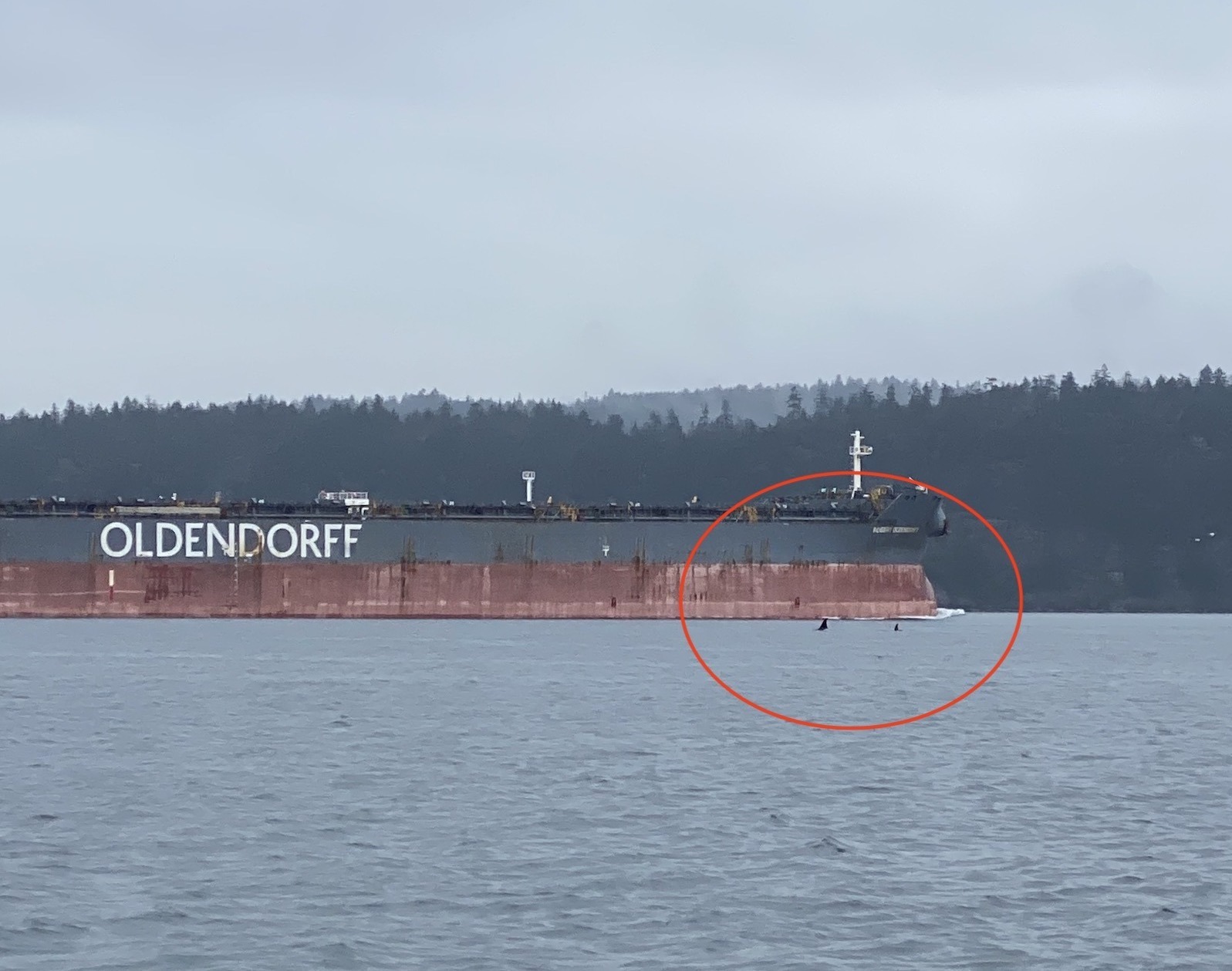
Freighter under power next to whales, Photo by Kurt Irwin.
Problems Left Unaddressed in the Gulf Islands
What about all the derelict boats in the harbours that pollute, and/or sink like in Ganges Harbour, for example? What about all the harbours and bays that were once full of herring and herring spawn? Why not help the herring to rebuild salmon stocks? Why not have a season on Dungeness crab fishing to help rebuild stocks? What about the overabundance of seals in and around the gulf islands? When a seal is sick why not leave to feed the eagle’s birds and crabs? Why are seals aloud to gorge on fish and decline stocks in our river?
I feel there’s more questions than answers, but my biggest question remains—why target the few sport anglers? To me, as a local, this feels unfair and discriminatory. I am doing my part in writing letters to DFO and sharing my concerns please do your part before it’s too late and we have no area left to fish.
2023 SRKW New Measures Survey
The DFO has “asked” for feedback concerning extended measures and closures for the 2023 season. They say, “The 2023 management measures, we are also advancing longer-term actions that address the primary threats to the population, including reduced availability of food, contaminants, and disturbance in their environment.”
 I also suggest you voice your concerns directly to DFO.srkw-ERS.mpo@dfo.mpo.gc.ca.
I also suggest you voice your concerns directly to DFO.srkw-ERS.mpo@dfo.mpo.gc.ca.
Kurt Irwin, Owner Operator
Saltspring Reel Action Fishing Charters
ssireelaction@ssireelaction.ca
This article is an opinion article, and prepared by the author mentioned above. Island Fisherman magazine welcomes opinion articles for publishing consideration. The views expressed by the writers of opinion articles are their own, and do not necessarily reflect the views of Island Fisherman magazine, or Compass Media Publishing, Inc. Therefore, Island Fisherman magazine carries no responsibility or liability for the opinion expressed thereon. While we welcome comments on any article, abusive, antisocial or off-topic comments will be deleted.
Do you have an opinion you’d like published? Click 👇
2 Comments
Leave A Comment
Visit the Store
$34.99
$34.99
Featured Catch
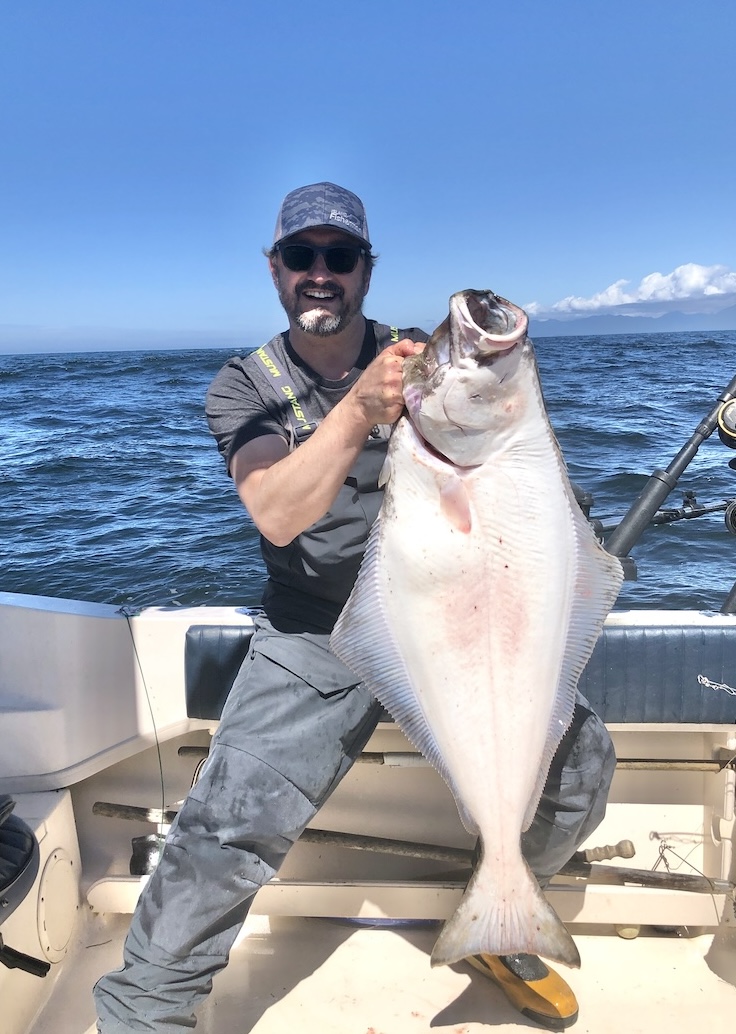
Joel Unickow halibut (Photo: Rob Frawley Lucky Strike Sportfishing Tofino)
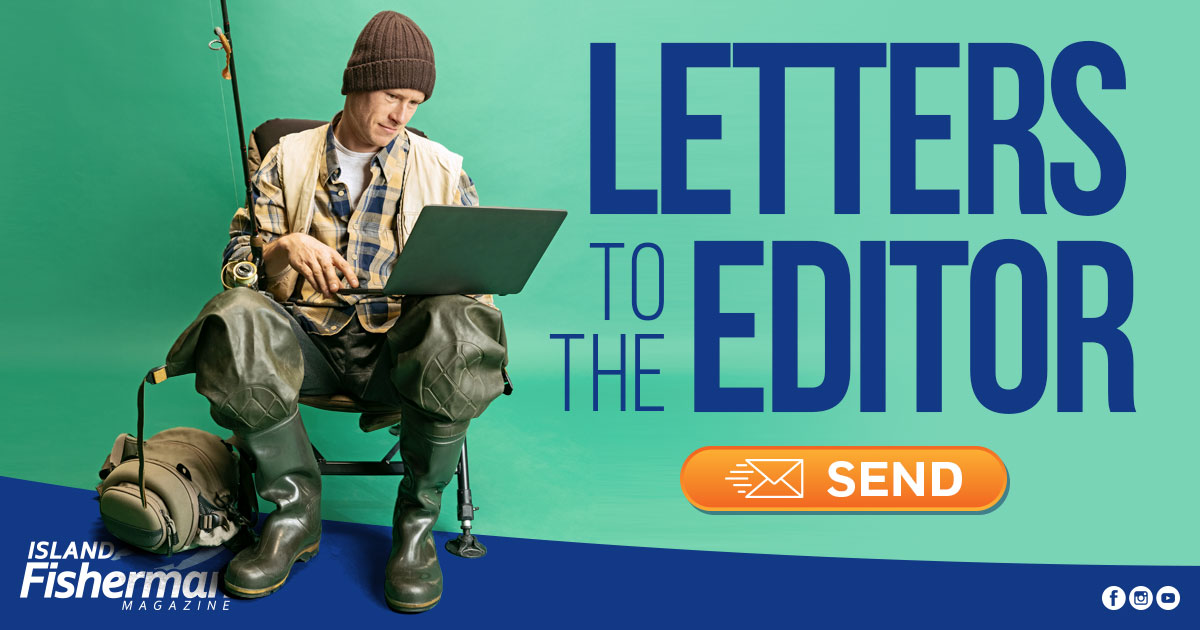
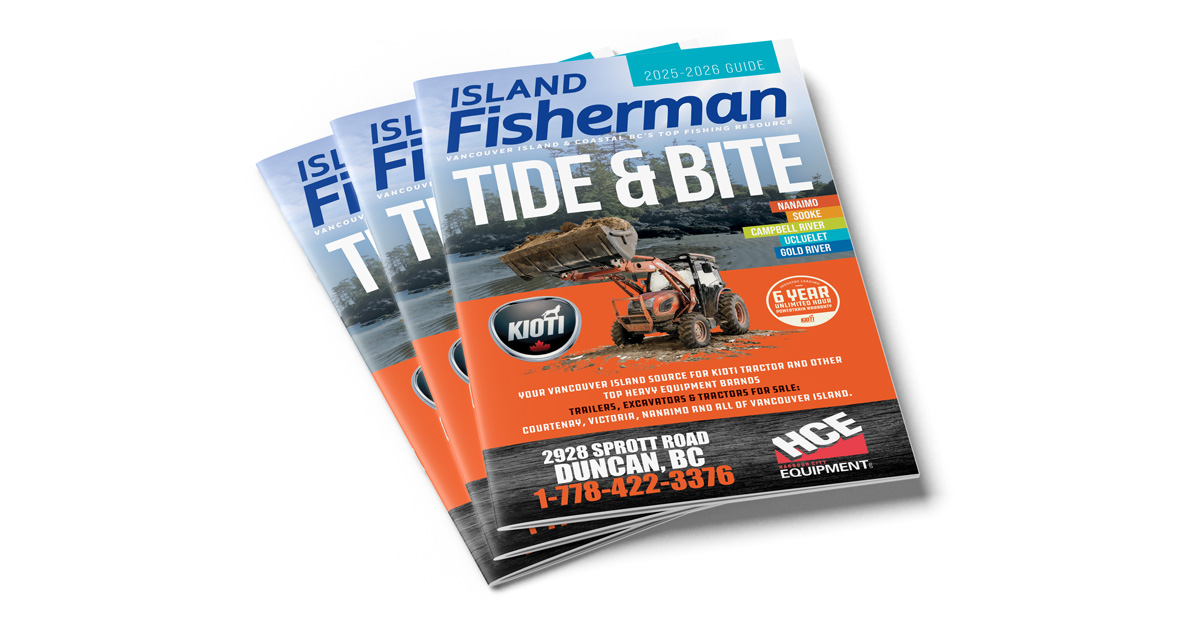
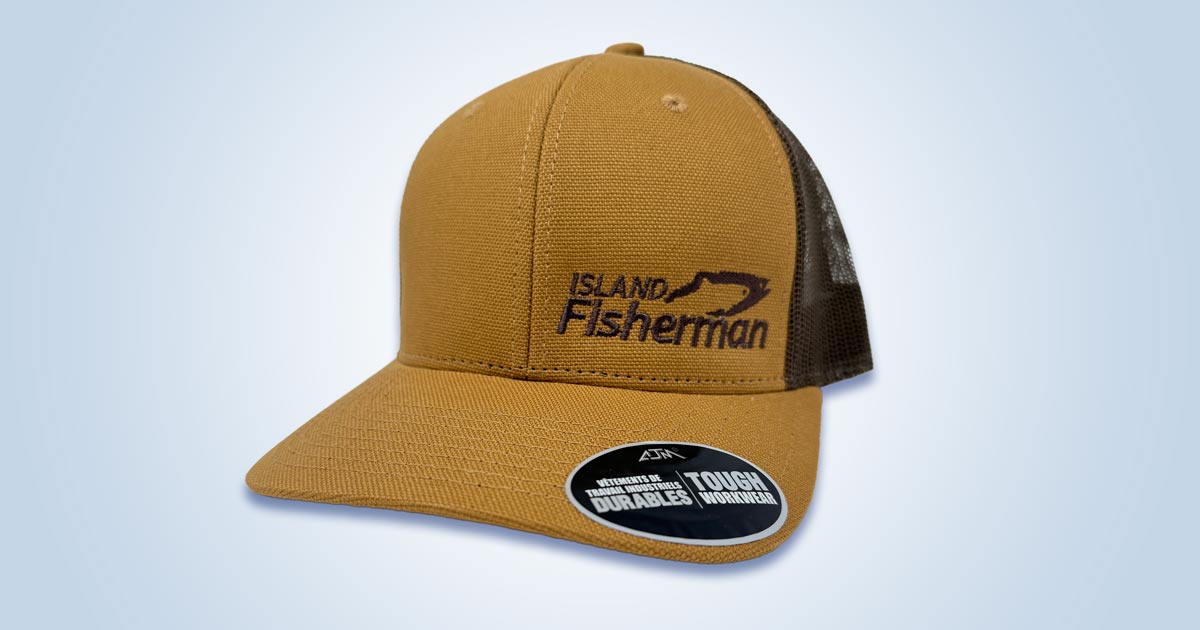
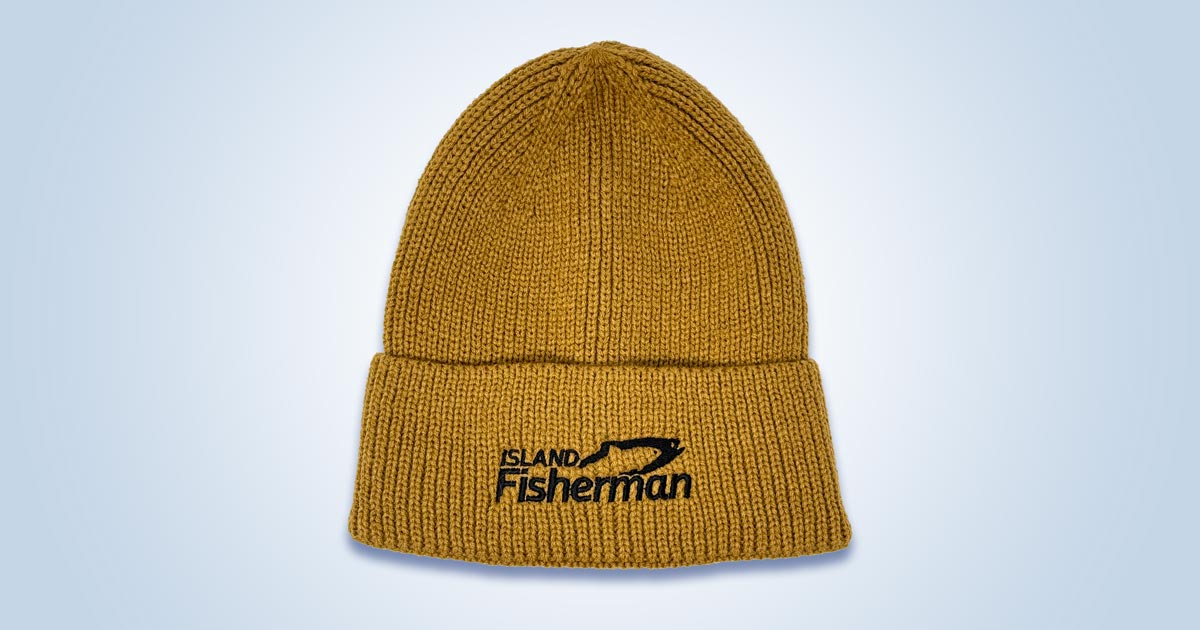
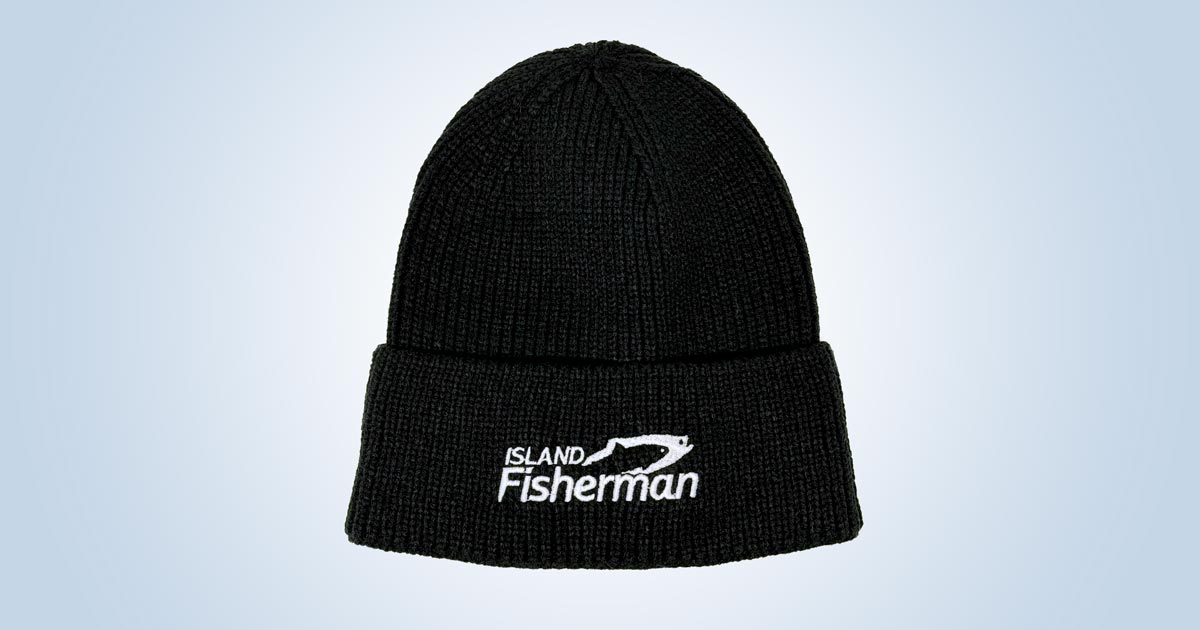
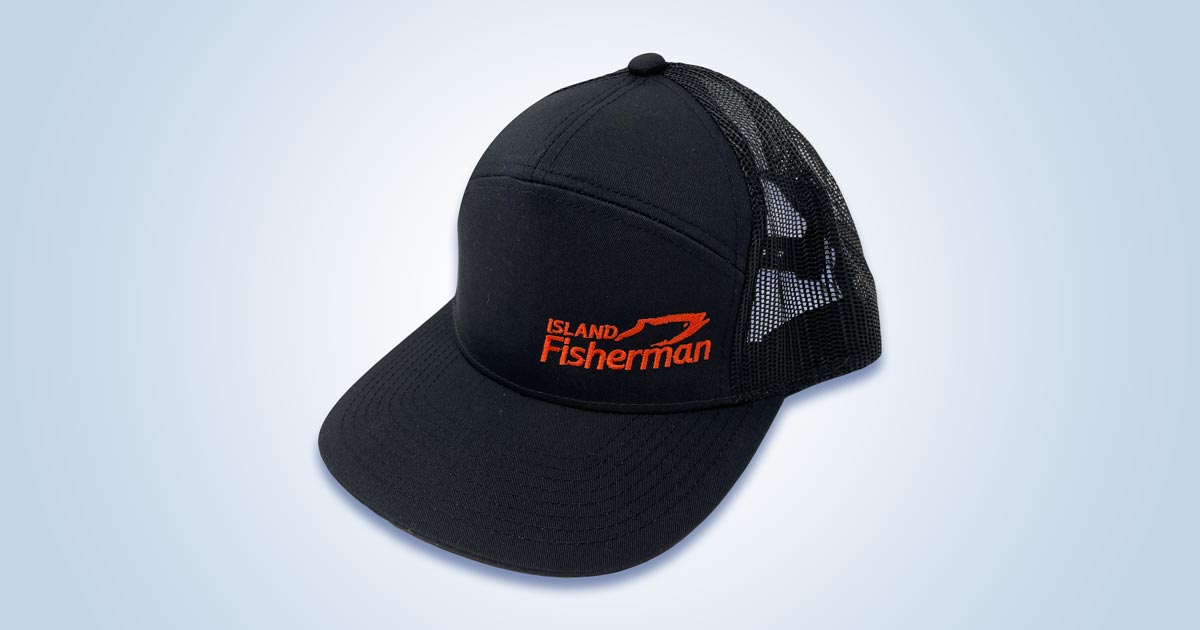
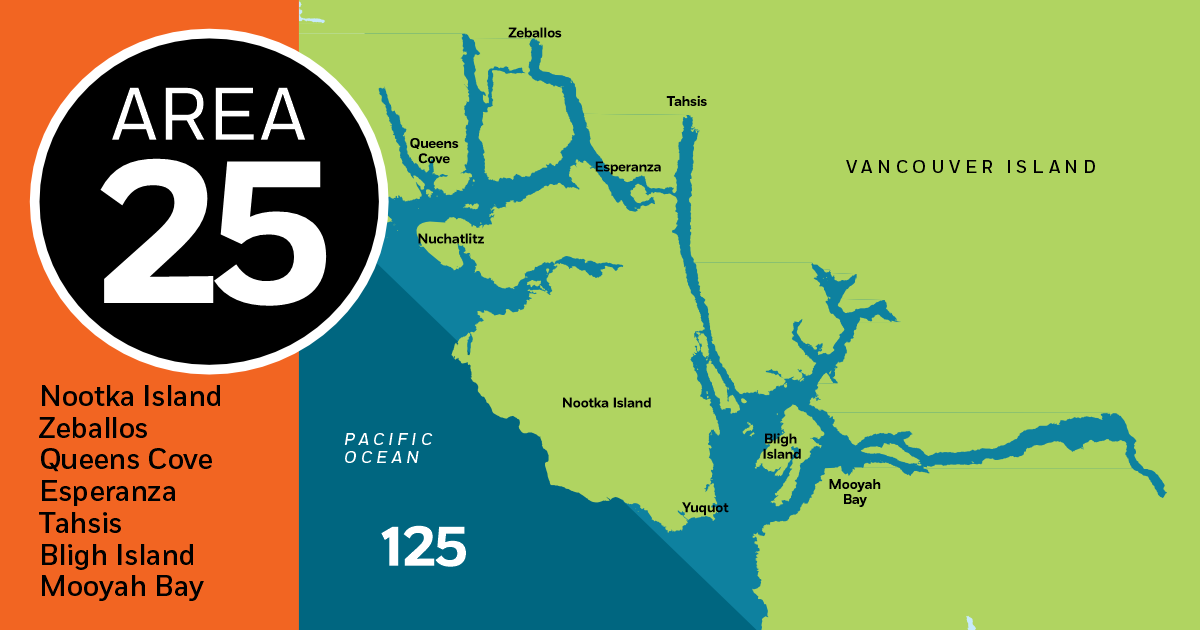
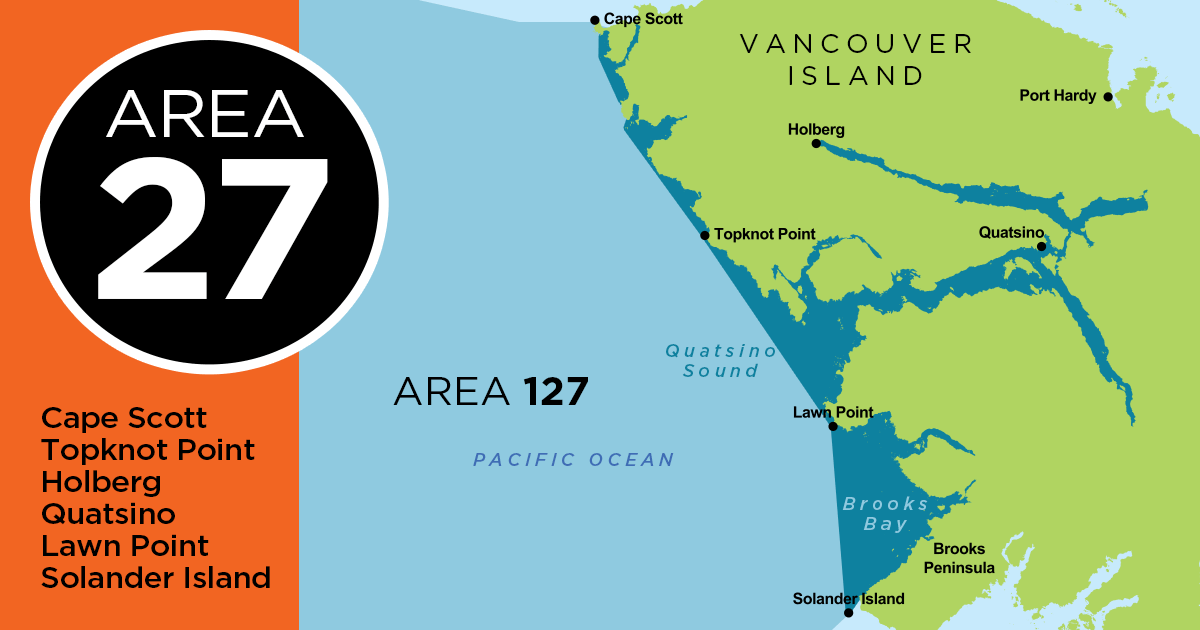
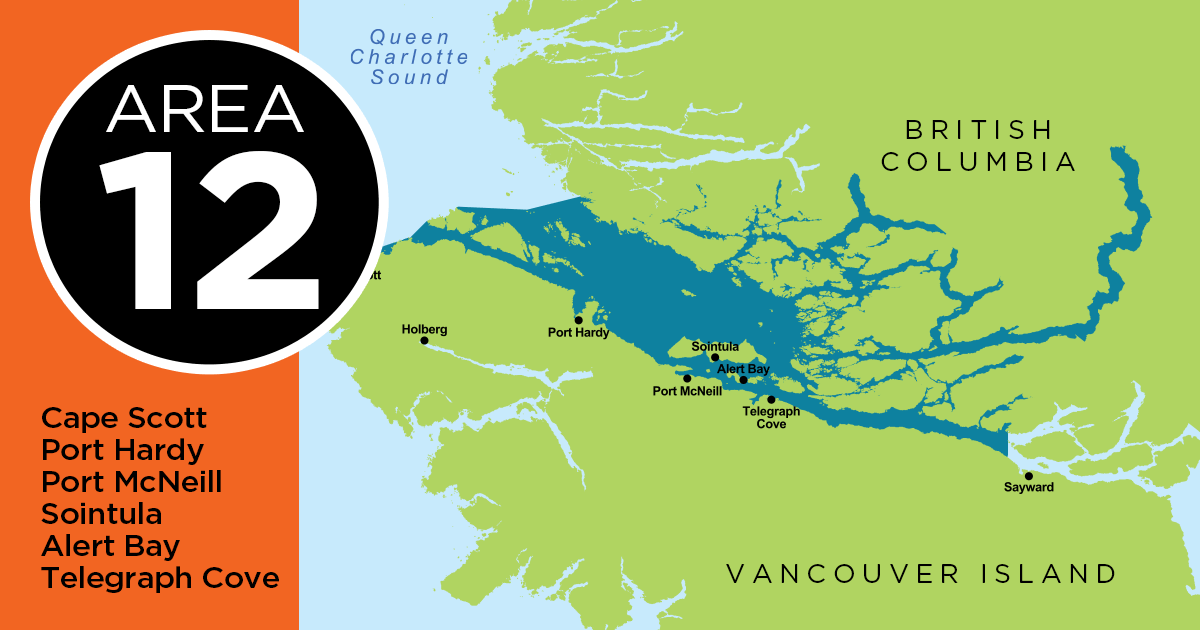
I have been a local sports fisherman of Pender for 27 years an wondering why we are only ones that get the finger pointed at when th whale watching boats , commercial , an freighter traffic should have the same restrictions Not Allowed! I agree with Kirt about restrictions but picking on the low guy on the ladder doesn’t solve anything an it comes down too the o mighty dollar again. 😤
I feel that we should be putting the issue back on the federal (and provincial, where applicable) governments to tell us what they are doing about the following: salmon loss of habitat, overpopulation of pinipods, ghost nets, sea farms, acidification of oceans, by-catches by commercial fishers, by-catches in river nets, ocean and estuary pollution, herring over fishing and roe collection, intercepted fishery (Alaska chinook), and so much more, before they come knocking on the recreational fishery door to reduce fishing opportunities and locations.